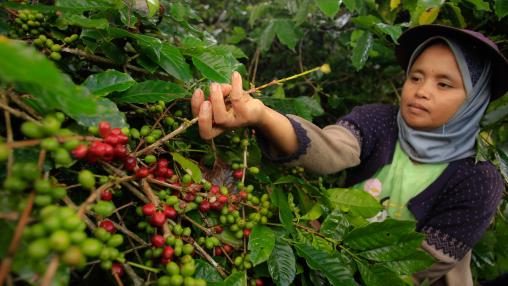
How ‘reciprocal tariffs’ harm agricultural trade
First in a blog series examining the potential consequences of the newly proposed U.S. tariffs for global agrifood trade.

High global phosphate prices pose potential food security risks
Fertilizer prices experienced a significant surge in 2021, driven by the post-COVID 19 global economic recovery. Russia’s February 2022 invasion of Ukraine propelled prices even higher. Broad economic sanctions on key fertilizer exporters Russia and Belarus exempted agricultural products but triggered further economic disruptions. Overall, the conflict heightened market uncertainties regarding the availability of potash, phosphate, and nitrogen-based fertilizers in international trade.
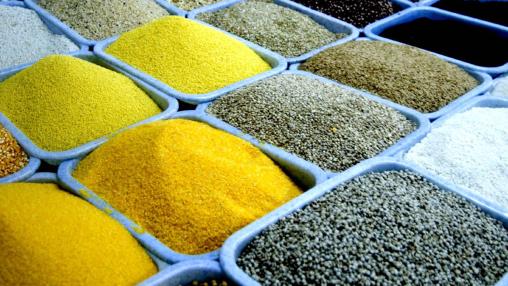
Food, Fertilizer Prices Continue to Rise Amid Trade Uncertainties
Rising vegetable oil, cereal, sugar, and dairy prices drove the FAO Food Price Index up by 1.6 percent in February. However, overall prices remain almost 21 percent lower than the peak seen in March 2022.
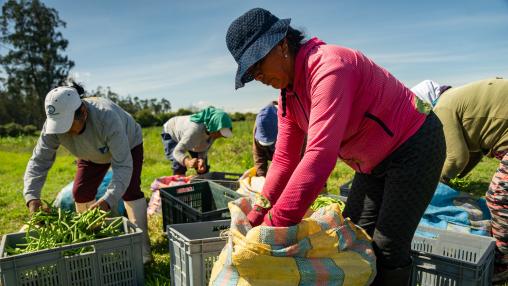
Impact of proposed U.S. tariffs on agricultural trade flows in the Western Hemisphere
With new U.S. tariffs on Canada and Mexico now in effect, what are the potential impacts on trade among those countries and across the Western Hemisphere?

How countries have coped with recent agricultural trade disruptions
Global agricultural markets have been in a constant state of uproar over the past five years. Trade wars between major trading nations such as China, the United States, and Australia, supply chain disruptions due to the COVID-19 pandemic, Russia’s war in Ukraine, crisis in the Middle East, and export restrictions in many countries have diverted supplies, altered trading patterns, and increased price volatility, which often makes markets less efficient and more costly.

Most Commodity Prices Decline, But Concerns Over Trade, Climate Remain
The FAO Food Price Index declined by 1.6 percent from December. While the Index was 6.2 percent higher than its January 2024 level, it remains 22 percent below its peak of March 2022.
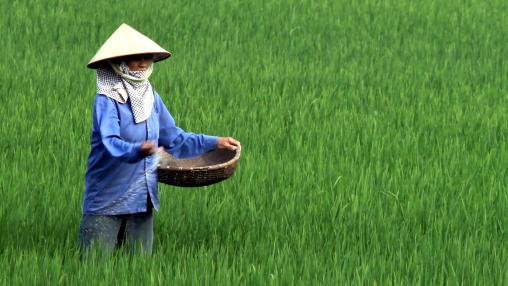
The Impact of Fertilizer Price Spikes on Fertilizer Use and Farm Profitability
Fertilizer use plays an important role in increasing agricultural production and ensuring food availability and economic accessibility: two critical components of overall food security. When global fertilizer prices skyrocketed in 2021-2022, those spikes brought with them concerns about drastically reduced fertilizer application and subsequent negative impacts on food production, prices, and food security.
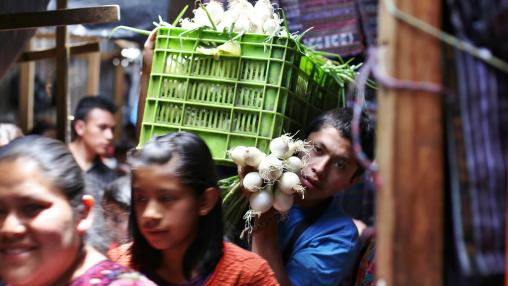
How Trump tariffs might impact countries of Latin America and the Caribbean
Donald Trump’s return to the White House likely also signals the return of the unilateral trade policies that characterized his first term and precipitated trade wars between the United States and many of its trading partners, most notably China. As a candidate, the president-elect threatened a number of adverse trade actions including raising tariffs on all imports by 10%-20%. He has warned a number of specific countries as well—suggesting he would consider 60% tariffs on China and 25% tariffs on Canada and Mexico.
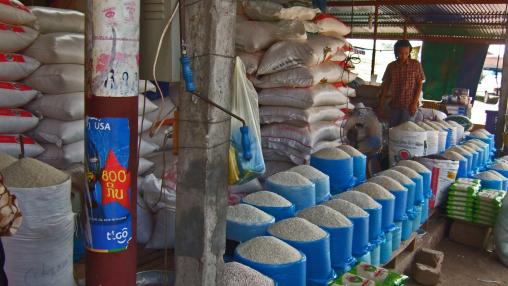
Food Prices Rise Slightly in 2024 But Remain Below 2022 Peak
In 2024, the FAO Food Price Index was 2.1 percent lower than its 2023 average. While the December 2024 Index was higher than its December 2023 value, it also remained well below the peak prices seen in March 2022.
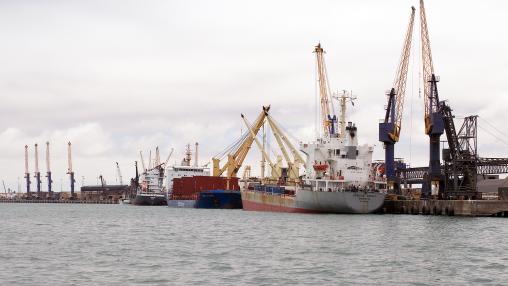
Russia’s Renewed Attacks on Ukraine’s Grain Infrastructure: Why Now? What Next?
Russia’s recent attacks on Greater Odesa port infrastructure and grain-carrying vessels in the Black Sea marked the most intense attacks on Ukraine’s agricultural infrastructure in over a year. In September, according to the United Nations, Russian attacks damaged grain infrastructure and six civilian vessels in Ukraine’s Black Sea ports. Russian ballistic missiles then struck foreign-flagged ships on October 6, October 7, October 9, and October 14, also damaging a grain warehouse and other port infrastructure with the October 14 strike.